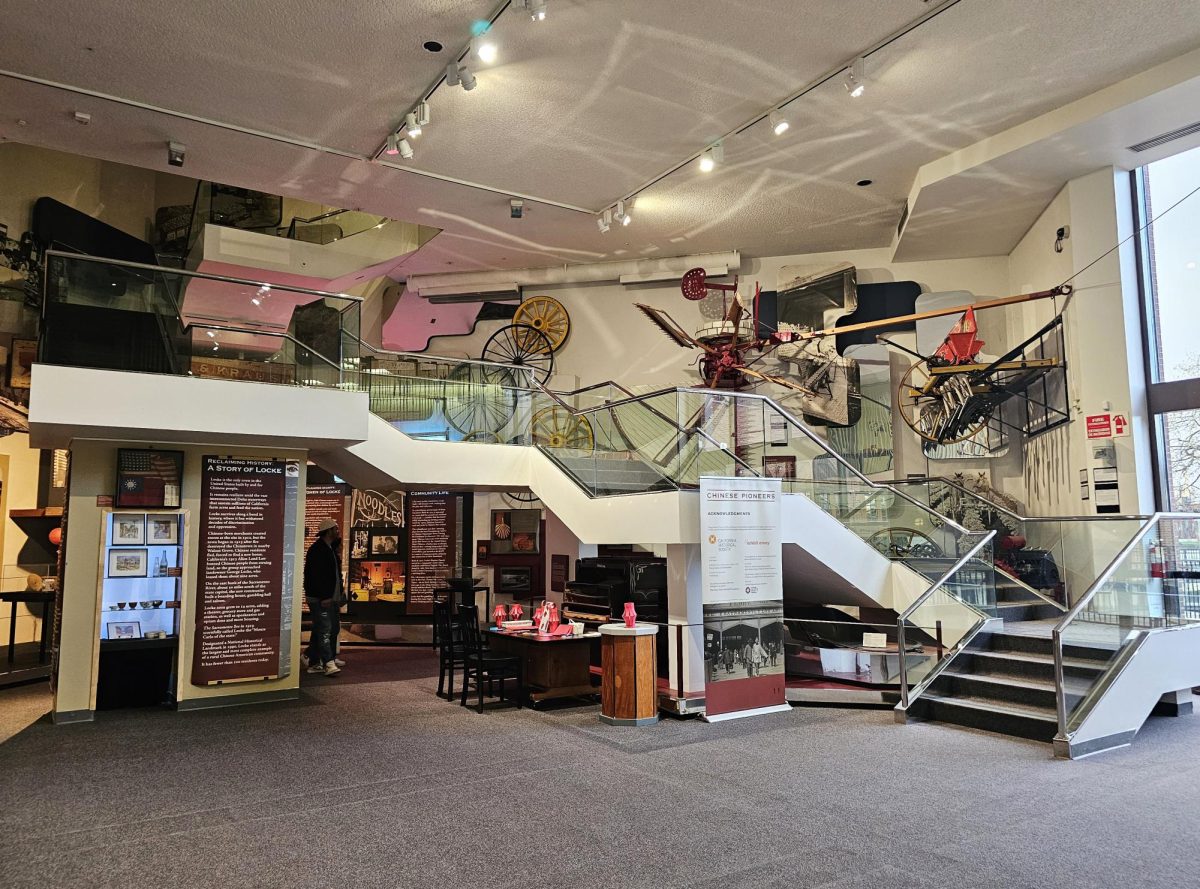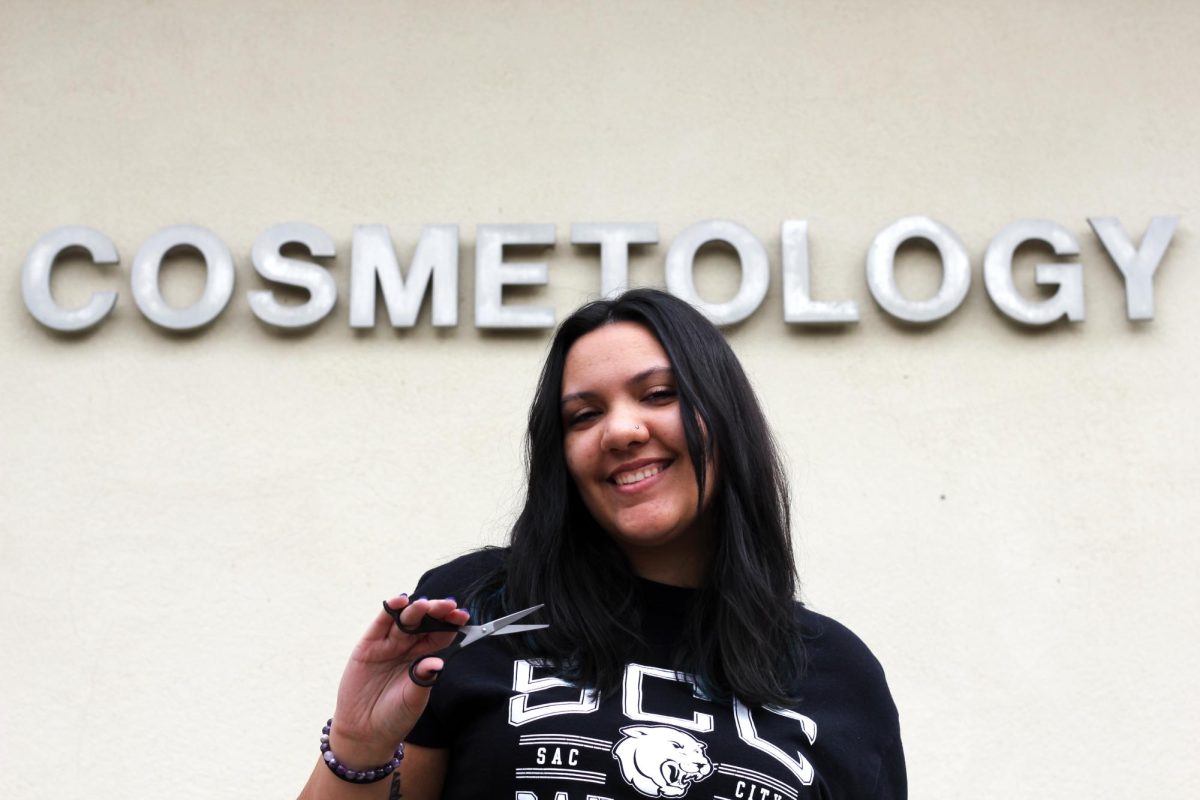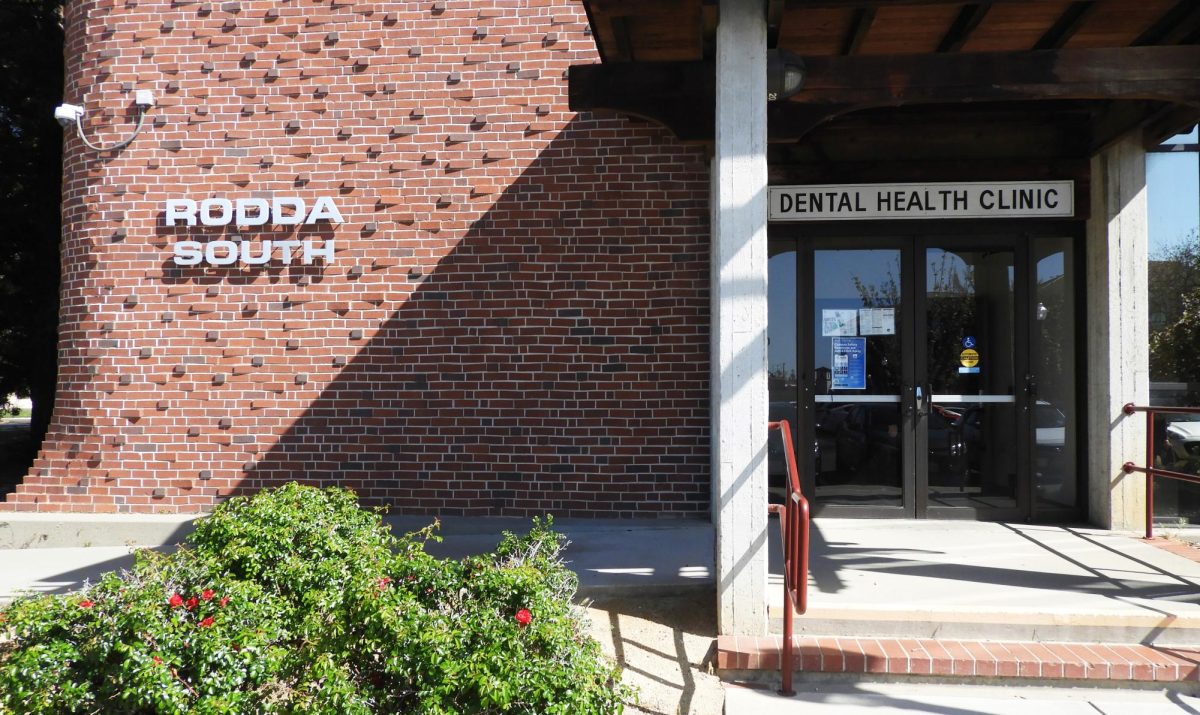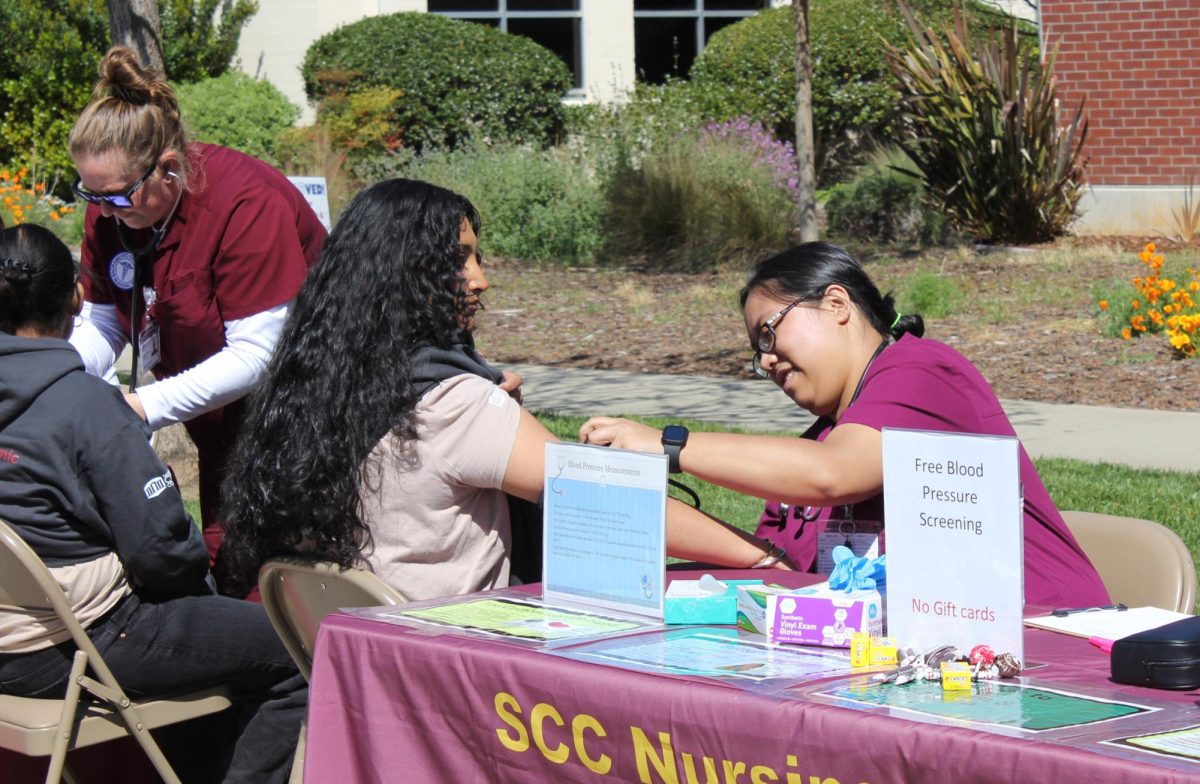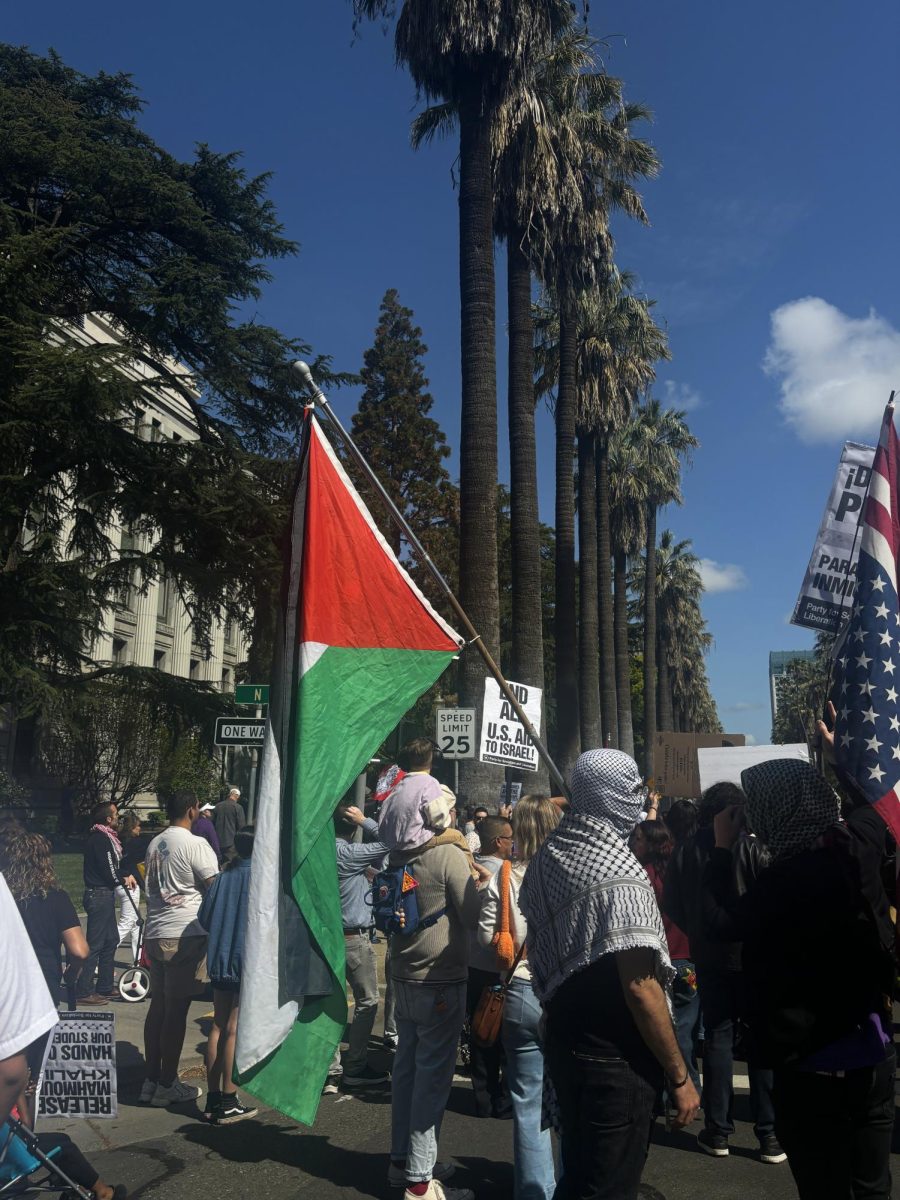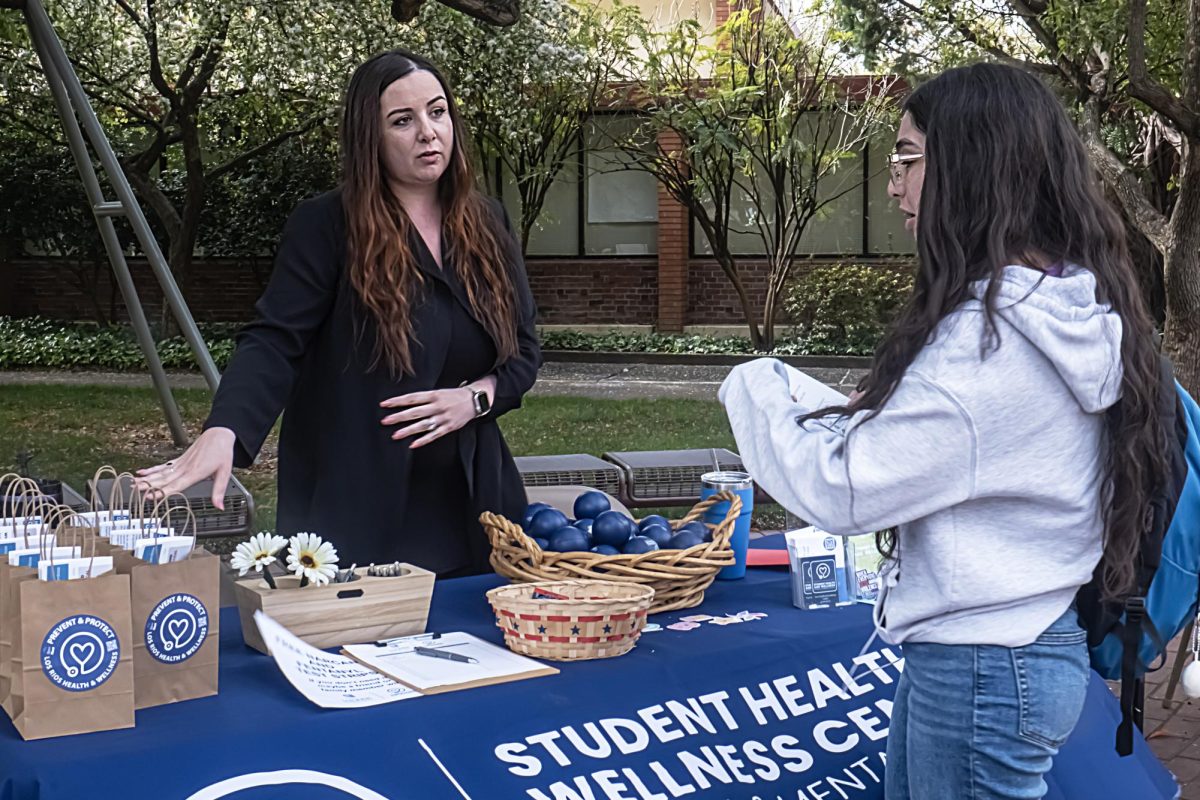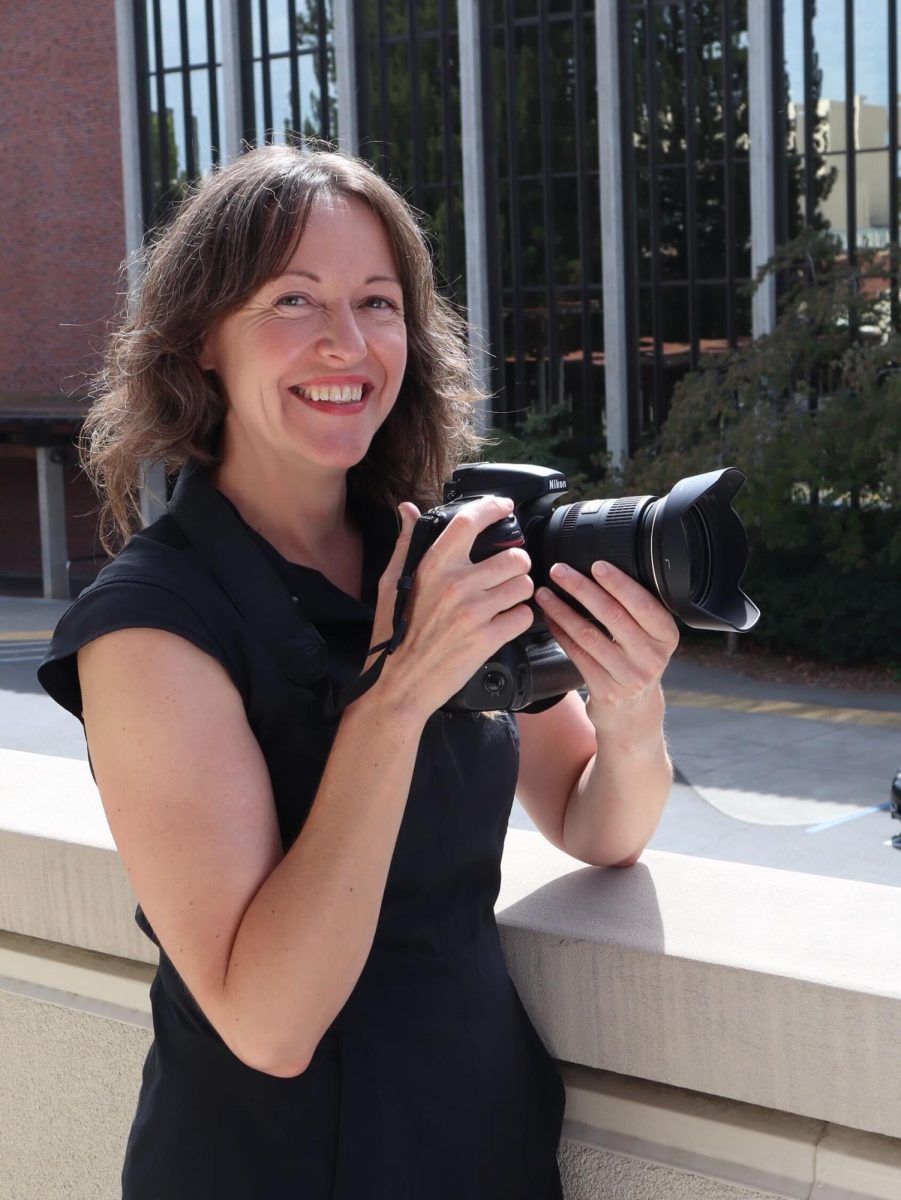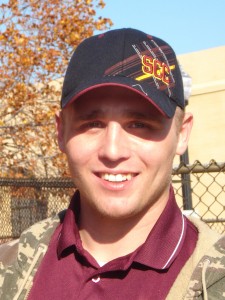
By 22, he’d seen more than most do their entire lives.
By then, he’d lived in an abandoned mall. He’d made his living picking up dead bodies — hoping they weren’t hiding a bomb. He’d been in multiple gunfights and had his vehicle blown up three times. He’d shot and killed people. He’d lost friends.
Now 24, veteran Justin Turner has been home for two years. But his time in Baghdad has not left him.
“You’re here for 15 months, and you’re fighting and you’re killing and you’re seeing these things, you know; you’re interrogating people. You don’t trust anyone,” Turner says. “And then you come home, and you look at people, and you’re like, ‘Wait a minute, do I have to keep my guard up? Do I have to have fight or flight? Can I just be normal?’”
Turner was in his first year at Yuba College as an administration of justice major when he decided to join the military.
“I’d watch the news every night, see the bombings,” Turner says. “I felt, I was an 18-year-old young man, I’d nothing better going on: I might as well go get a gun and join the fight.”
After about eight months of training, he was stationed at Fort Hood, Texas for about two years as part of the First Cavalry Division. He was then sent to Baghdad, he served as corporal for one year, two months and 22 days.
Turner’s experiences there were dramatic and often horrible, experiences he hasn’t fully recovered from yet. But even though he has come back with knee and back problems, post-traumatic stress disorder and other troubles not easily classified, he doesn’t regret it.
“I’m kind of glad I went through these experiences, because without them, I don’t think I’d be the man I am today,” Turner says. “It’s not all good, but it’s not all bad. And I wouldn’t change any of it for anything.”
Turner works in the Veterans Affairs office on campus. Veteran’s Affairs Certifying Official Blanche Levy says Turner goes above and beyond to help students out.
“We have lots of students that come in that, you know, just need some extra help on top of what we normally do,” Levy says, “and he’s always willing to step up and do everything he can.”
















